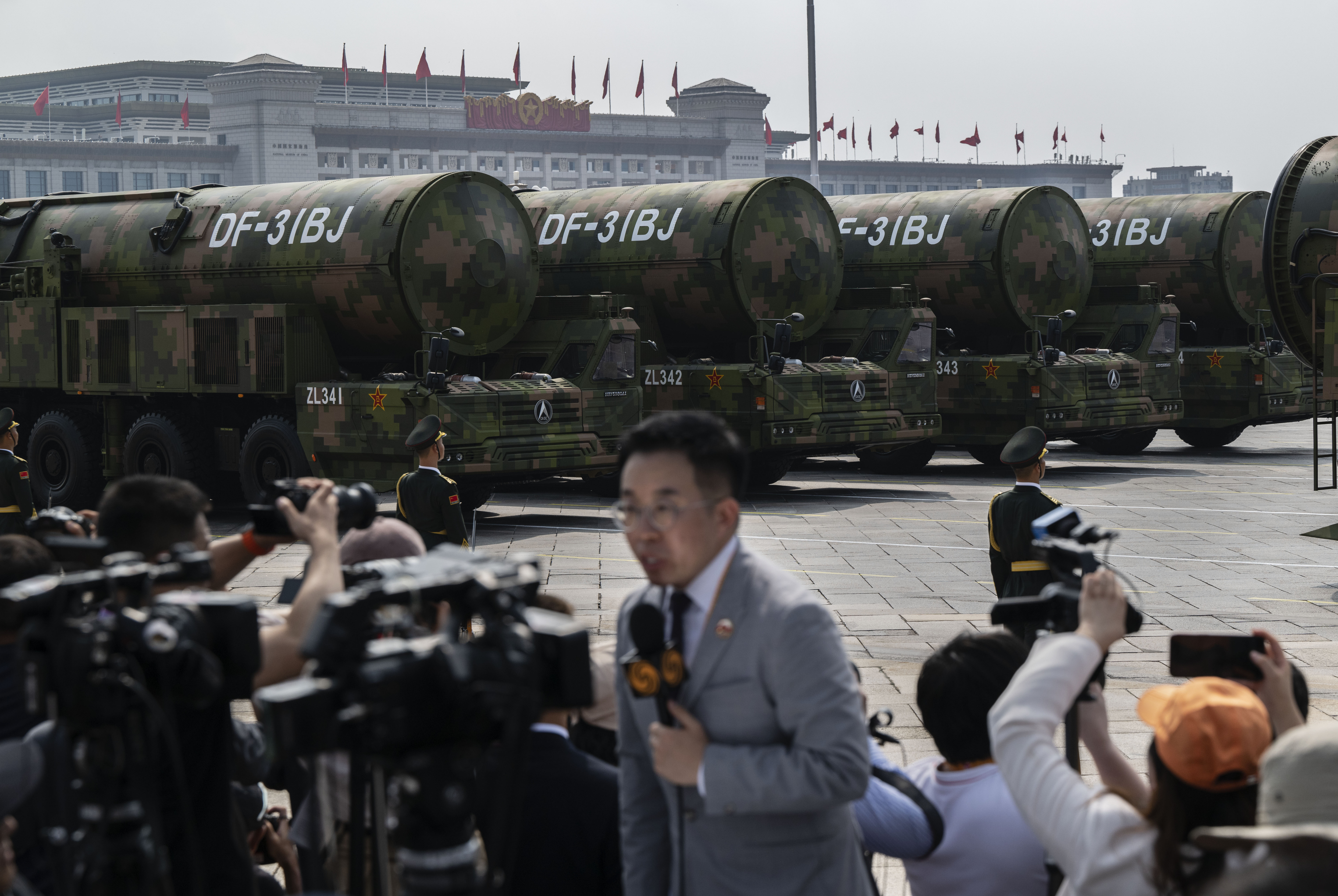…USES RUSSIAN DUMA AS SCAPEGOAT FOR TRANSDNIESTER DEADLOCK.
…USES RUSSIAN DUMA AS SCAPEGOAT FOR TRANSDNIESTER DEADLOCK.
The Russian Duma serves as a convenient scapegoat or alibi for officials in both Chisinau and Moscow. Moldovan officials find it easier to blame the deadlock in Transdniester on the Duma or on the anonymous “certain forces” in Russia, rather than facing up to the Russian government’s and the Kremlin’s role. The Russian government for its part finds it useful to hide behind the Duma as a way to avoid accountability under international law for some of its actions. Thus the Kremlin still maintains that the 1994 bilateral agreement, under which the Russian troops were to have left Moldova within three years, cannot be put into effect because it hasn’t been ratified by the Duma. But it was the Russian side, including President Boris Yeltsin, who had pressed for introducing into that agreement a vague requirement for ratification through “internal state procedures” and then went on to interpret that formula as being Duma ratification.
It is also the Russian executive branch, not the Duma, who keeps afloat Transdniester’s economy through subsidies. Just recently, Moscow successfully pressured Moldova to pay part of its arrears for gas by handing over its gas sector to a specially constituted joint company composed of Russia’s Gazprom, Transdniester and the Moldovan government, with the first two holding the majority and Moldova reduced to the role of minority shareholder. Moldova’s owes Gazprom–its largest foreign creditor–more than US$600 million. Transdniester, with less than 20 percent of Moldova’s total population, accounts for more than two-thirds of that sum. Yet it was Chisinau who was obliged to turn property assets over to Gazprom to extinguish part of the debt.
In his June 7 presentation to Carnegie in Washington (attended by a Monitor correspondent), Diacov did not discuss that recent event, but did mention with dismay that the talks between Chisinau and Tiraspol are deadlocked owing to differing interpretations of the concept of a “common state.” Such differences were, however, preprogrammed in that “common state” concept, devised by the Russian side as a means to complicate the negotiations and to maximize its own leverage as arbiter of the conflict and ultimately as guarantor of a settlement. Azerbaijan and Georgia have resisted Moscow’s attempts to introduce that concept in the documents on conflict settlement in Karabakh and Abkhazia. Moldova has, however, accepted it and walked into a trap.
The Monitor is a publication of the Jamestown Foundation. It is researched and written under the direction of senior analysts Jonas Bernstein, Vladimir Socor, Stephen Foye, and analysts Ilya Malyakin, Oleg Varfolomeyev and Ilias Bogatyrev. If you have any questions regarding the content of the Monitor, please contact the foundation. If you would like information on subscribing to the Monitor, or have any comments, suggestions or questions, please contact us by e-mail at pubs@jamestown.org, by fax at 301-562-8021, or by postal mail at The Jamestown Foundation, 4516 43rd Street NW, Washington DC 20016. Unauthorized reproduction or redistribution of the Monitor is strictly prohibited by law. Copyright (c) 1983-2002 The Jamestown Foundation Site Maintenance by Johnny Flash Productions


